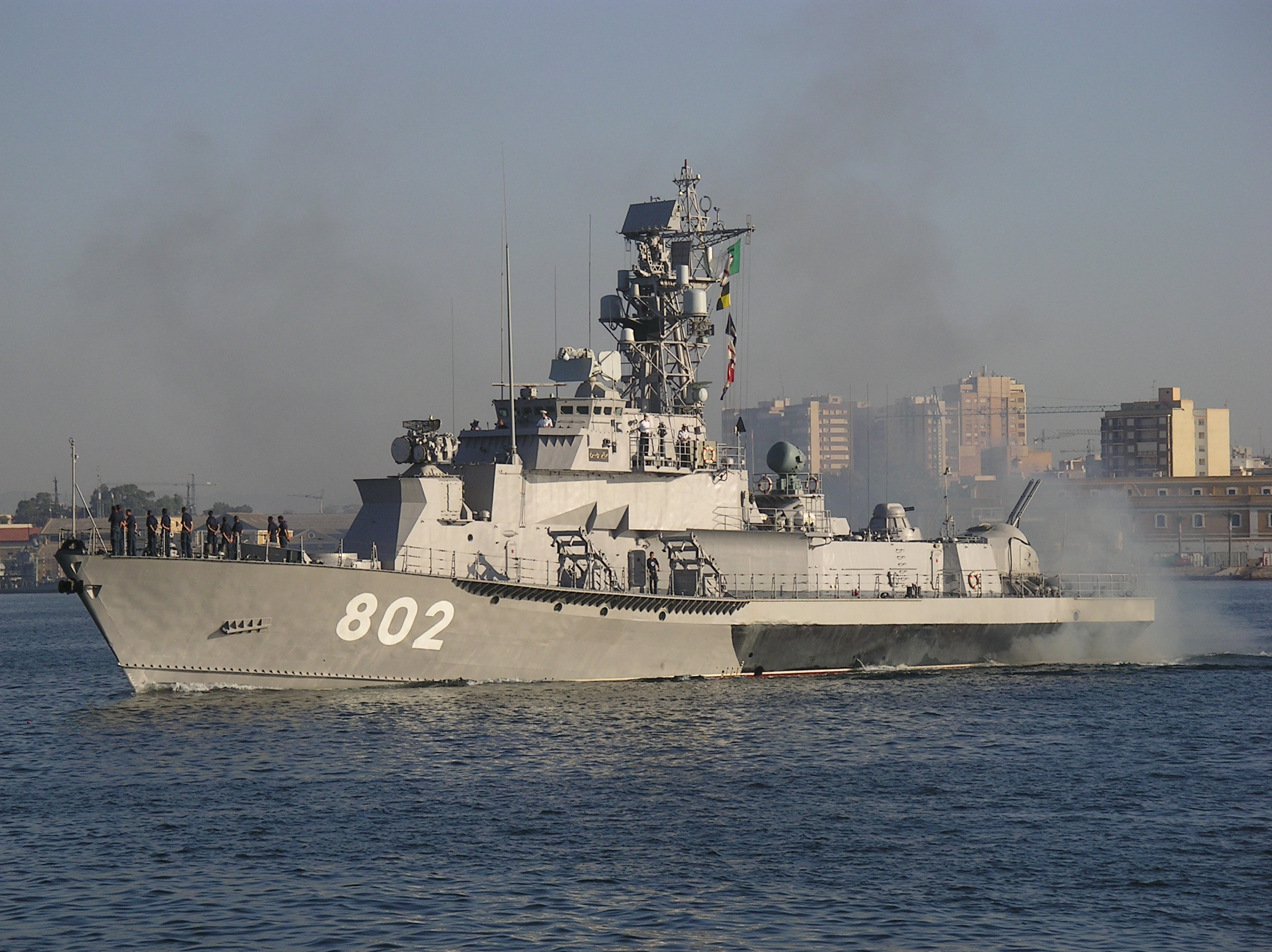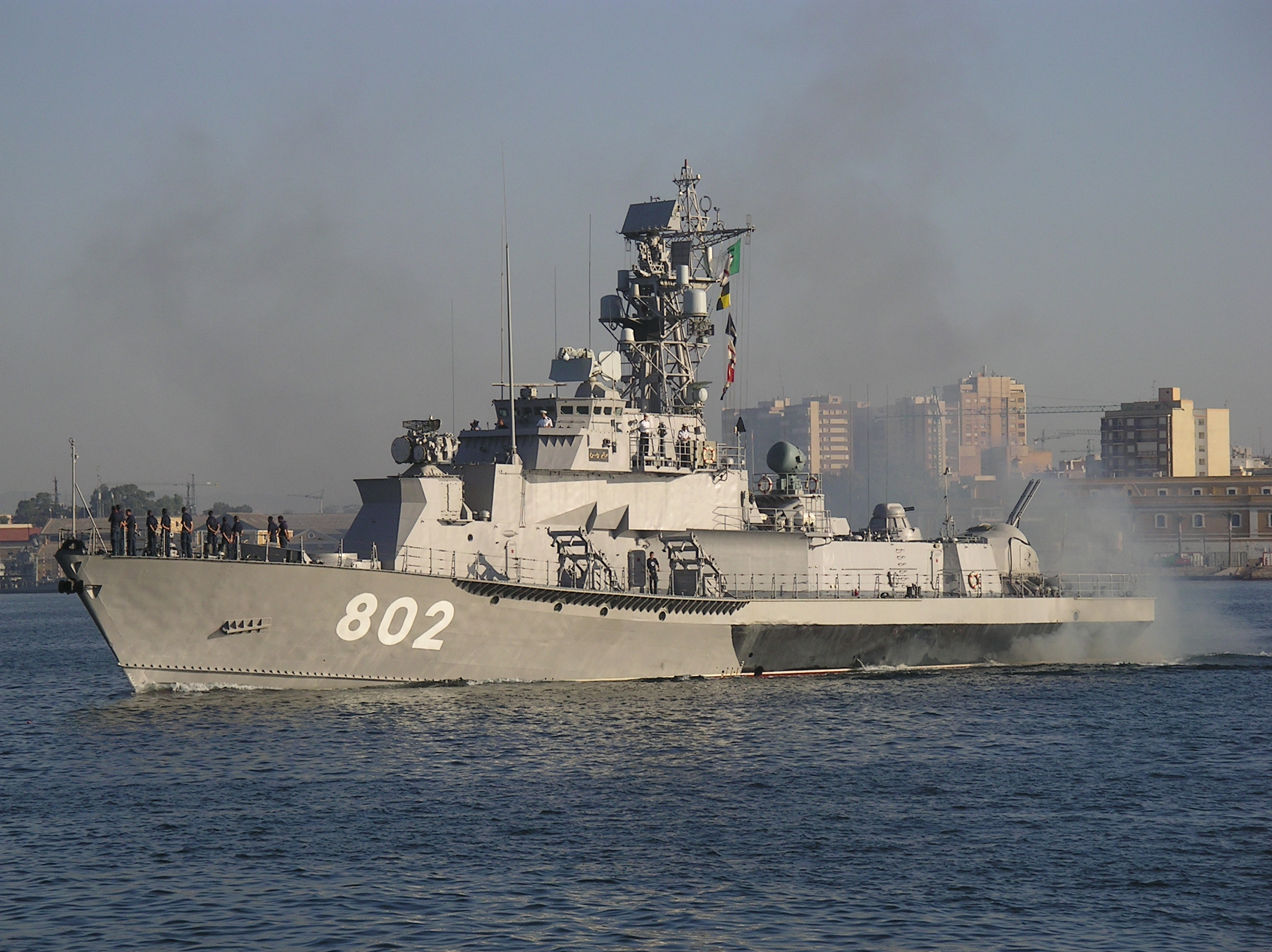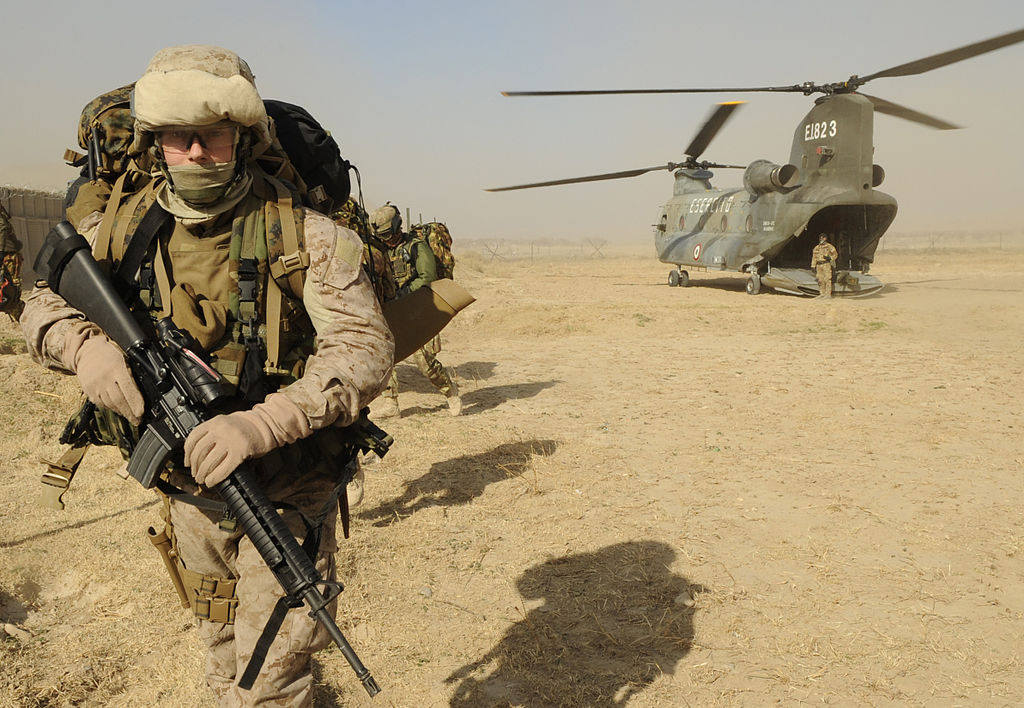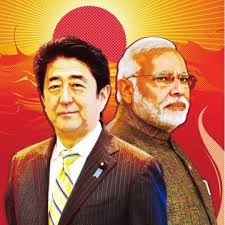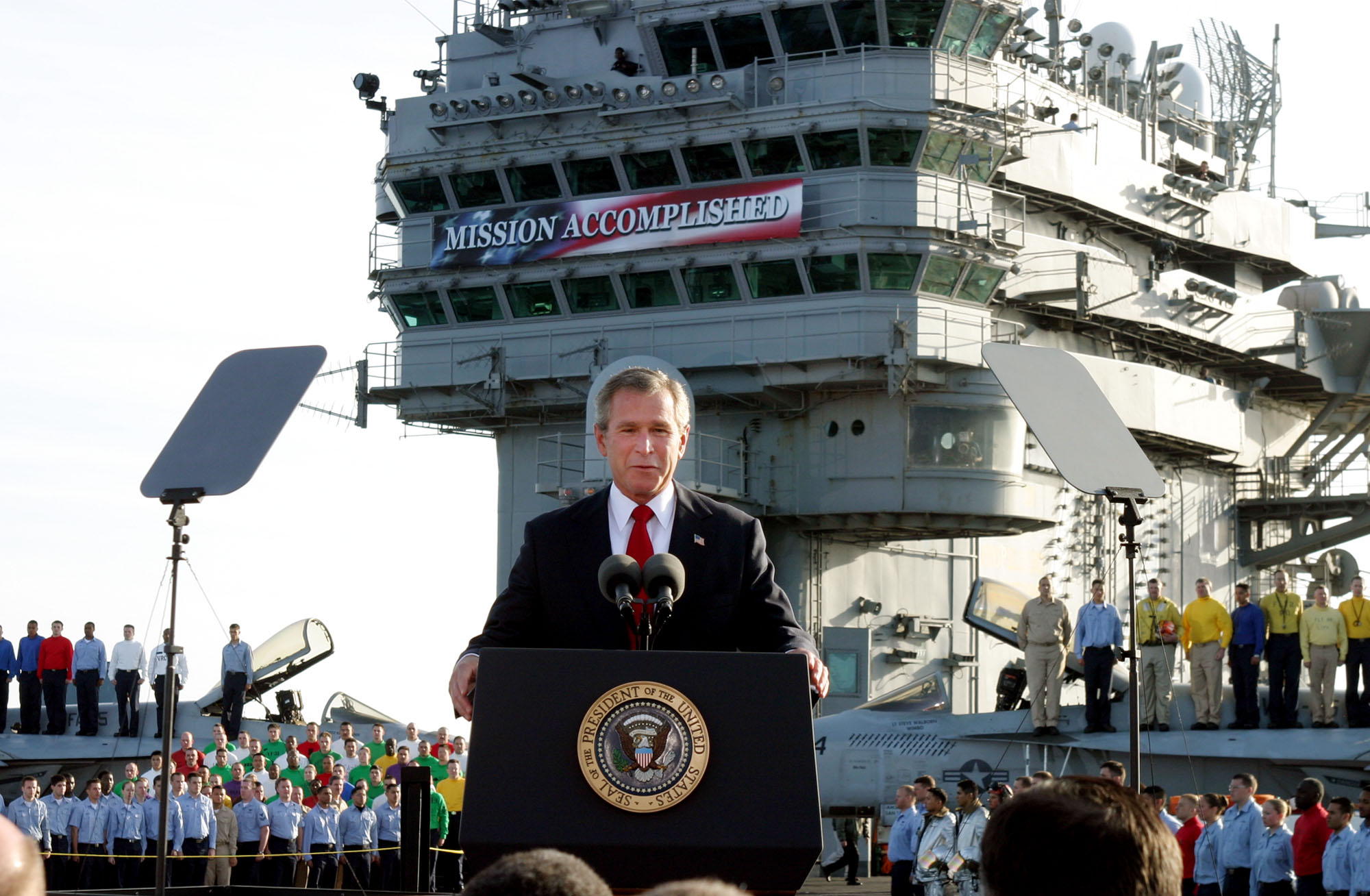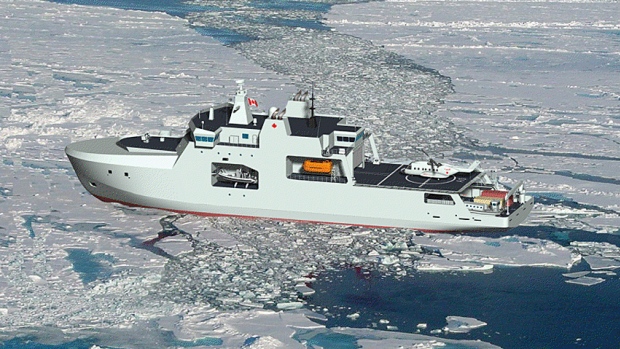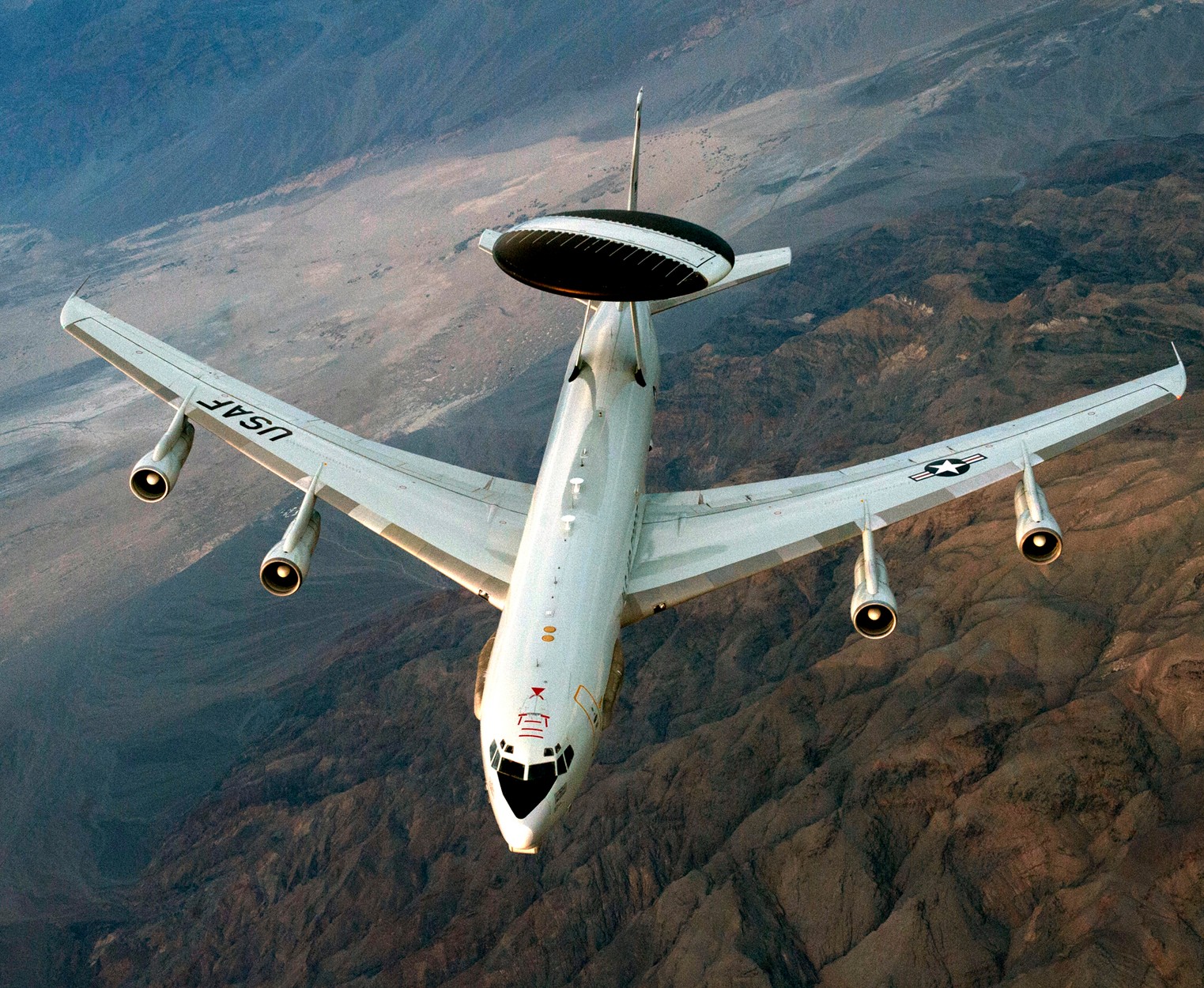The Algerian National Navy has been on a buying frenzy in recent years, amassing a significant maritime force. In September 2014, representing the culmination of a longer term procurement project, Italy’s Orizzonte Sistemi Navali (OSN) delivered Algeria’s new flagship, an 8,800-tonne amphibious assault ship called the Kalaat Beni-Abbes. But newer projects than OSN’s are currently Read More…
Defense
An ASEAN Maritime Alliance?
Tensions remain high in the South China Sea, where a future conflict would primarily be fought by ‘green-water’ maritime forces. Paul Pryce surveys the region’s corvettes and their capabilities.
Militarized Masculinity and Gendered Security: War and Peace From a Feminist Perspective I
Saman Rejali explores how gendered notions of war impact the exclusion of raped victim’s experiences during “peace” time.
A Confluence of Interests
John Pollock discusses the increasing defense ties between India and Japan, and outlines their prior diplomatic history.
Two-Face: A Cautionary Plea
Zaid Al-Nassir explores The Dark Knight as a critique of post 9-11 counter-terrorism policies in the United States.
Canada’s Future Soldier
Recent advances in defence technology suggest that dreams from the science fiction of our youth might soon be realized. The United States Navy deployed a fully-functioning laser defence system in late 2014, representing a possible shift in how navies will engage in combat in the 21st century. The increasingly prevalent use of drones, whether they Read More…
Neglecting NATO’s Knowledge Dynamic
Even as ‘smart defence’ has become a defining concept of NATO, the Alliance’s know-how and research – a kind of ‘knowledge dynamic’ – is being neglected. Paul Pryce discusses how Canada can fix that.
Terrorism: ineffectual but popular nevertheless
Daniel Woodburn examines the different facets of terrorsm
The Delayed Antidote to Canada’s Arctic Anxiety
Paul Pryce offers an update on Canada’s expected Arctic Offshore Patrol Ships. Over budget and potentially behind schedule, there is some cause for concern.
Canada’s Lack of Vision on NATO Surveillance
Canada recently withdrew from NATO’s surveillance programs citing budgetary concerns. Paul Pryce argues that this was a short-sighted decision.

